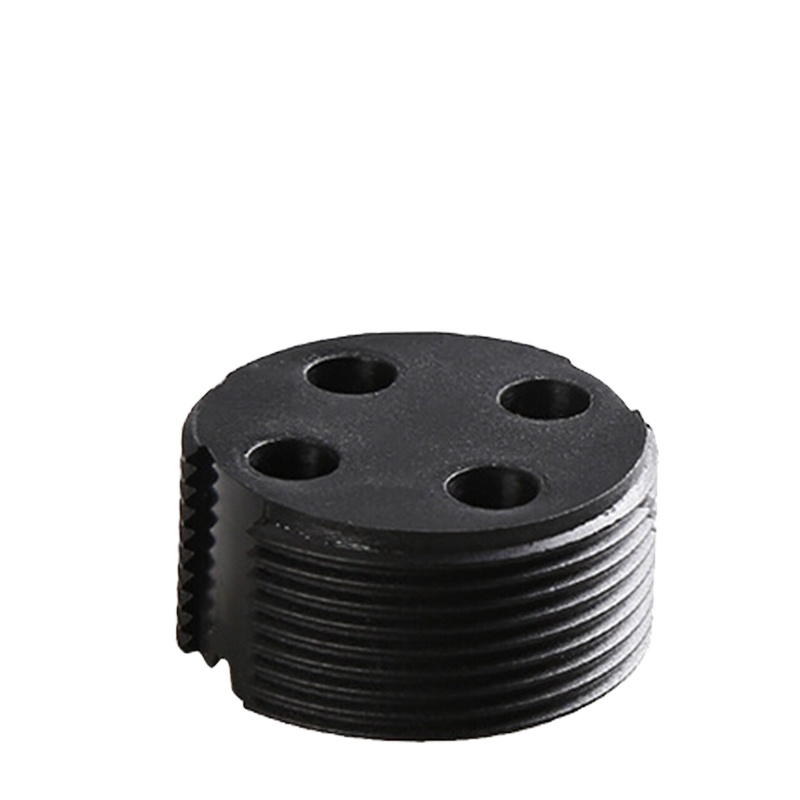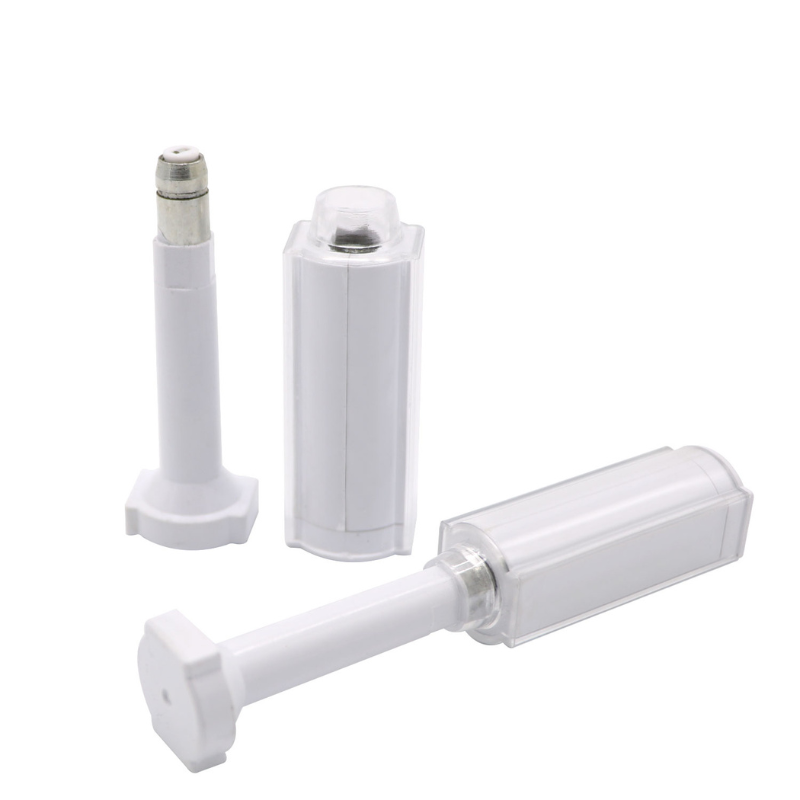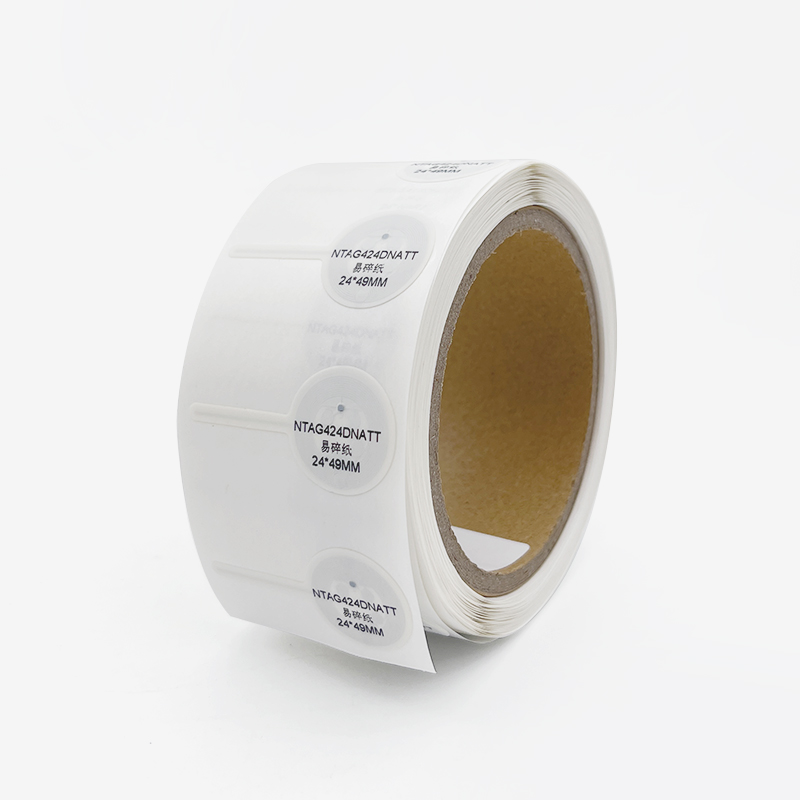
What are NFC Stickers?
Table of Contents
The Complete Guide to NFC Stickers: Understanding and Buying Smart Stickers for Android
Understanding NFC stickers is crucial for automating tasks, making contactless payments, and sharing information seamlessly. This comprehensive guide will help you navigate the world of NFC stickers and make informed purchasing decisions.
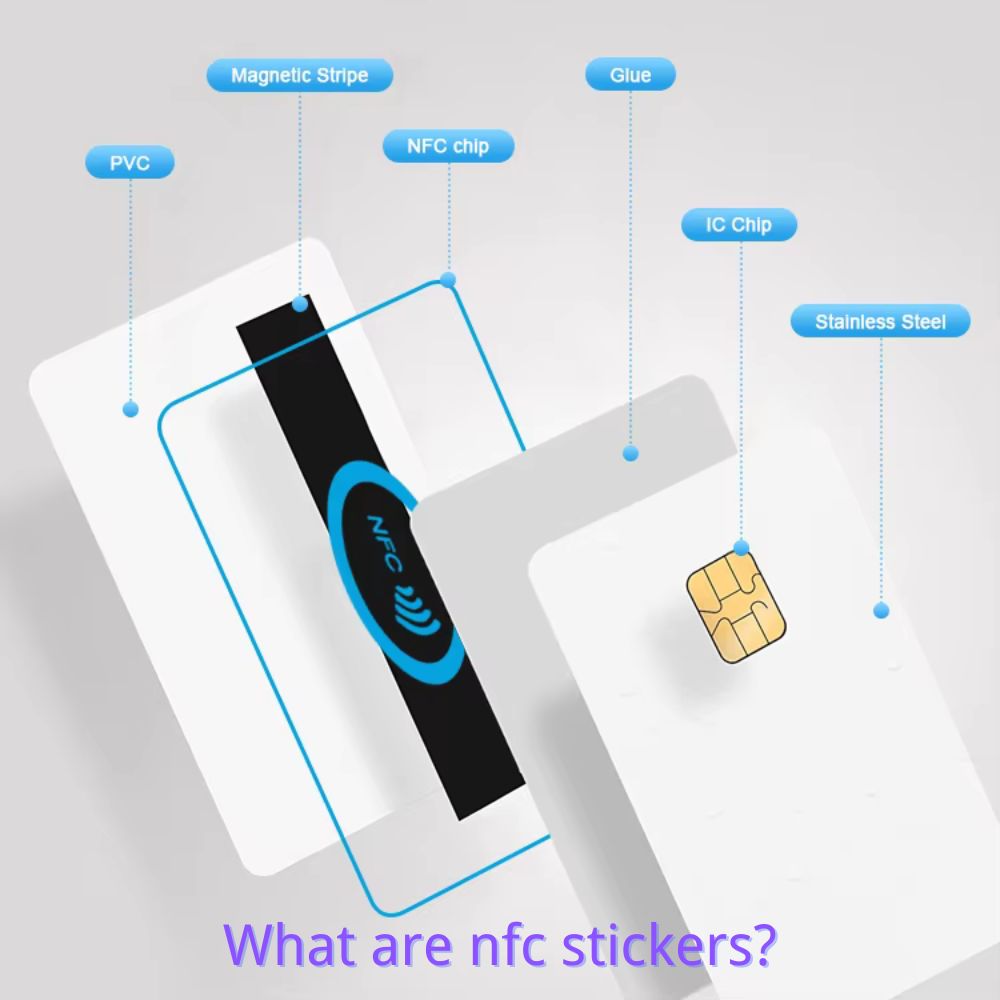
What Are NFC Stickers and How Do They Work?
NFC stickers are small electronic devices that contain tiny microchips and antennas. Unlike RFID tags, NFC operates at shorter ranges and enables two-way communication between devices. These smart tags work through near-field communication technology, using electromagnetic induction to transfer data when brought close to an NFC reader or smartphone.Key components include:
- Microchip for data storage
- Antenna for communication
- Protective housing or sticker material
- No internal power source needed
Different Types of NFC Stickers Available
There are several standardized NFC tag types:
| Type | Storage | Speed | Common Uses |
|---|---|---|---|
| Type 1 | 96 bytes | Slow | Basic tasks |
| Type 2 | 48-144 bytes | Medium | Smart posters |
| Type 4 | 32KB | Fast | Payments |
| Type 5 | 32KB | Very Fast | Advanced applications |
What Makes NFC Different from RFID?
While both technologies use radio frequency, NFC offers distinct advantages:
- Shorter range (4cm vs several meters)
- Two-way communication capabilities
- Built-in security features
- Smartphone compatibility
How to Choose the Right NFC Stickers?
Consider these factors when buying blank NFC tags:
- Intended Use
- Contactless payments
- Information sharing
- Home automation
- Business applications
- Compatibility
- Android device requirements
- Storage needs
- Read/write capabilities
Benefits of Using NFC Technology
NFC offers numerous advantages:
- Convenience in daily tasks
- Secure data transfer
- No app required for basic functions
- Energy efficient operation
- Versatile applications
Common Applications for NFC Tags
Popular uses include:
- Google Pay and Apple Pay integration
- Business card sharing
- Wi-Fi connection sharing
- Smart home control
- Marketing and advertising
How to Get Started with NFC Tags?
- Check Device Compatibility
- Verify NFC support
- Enable NFC settings
- Install necessary apps
- Choose Tag Type
- Consider storage needs
- Evaluate durability requirements
- Match to intended use
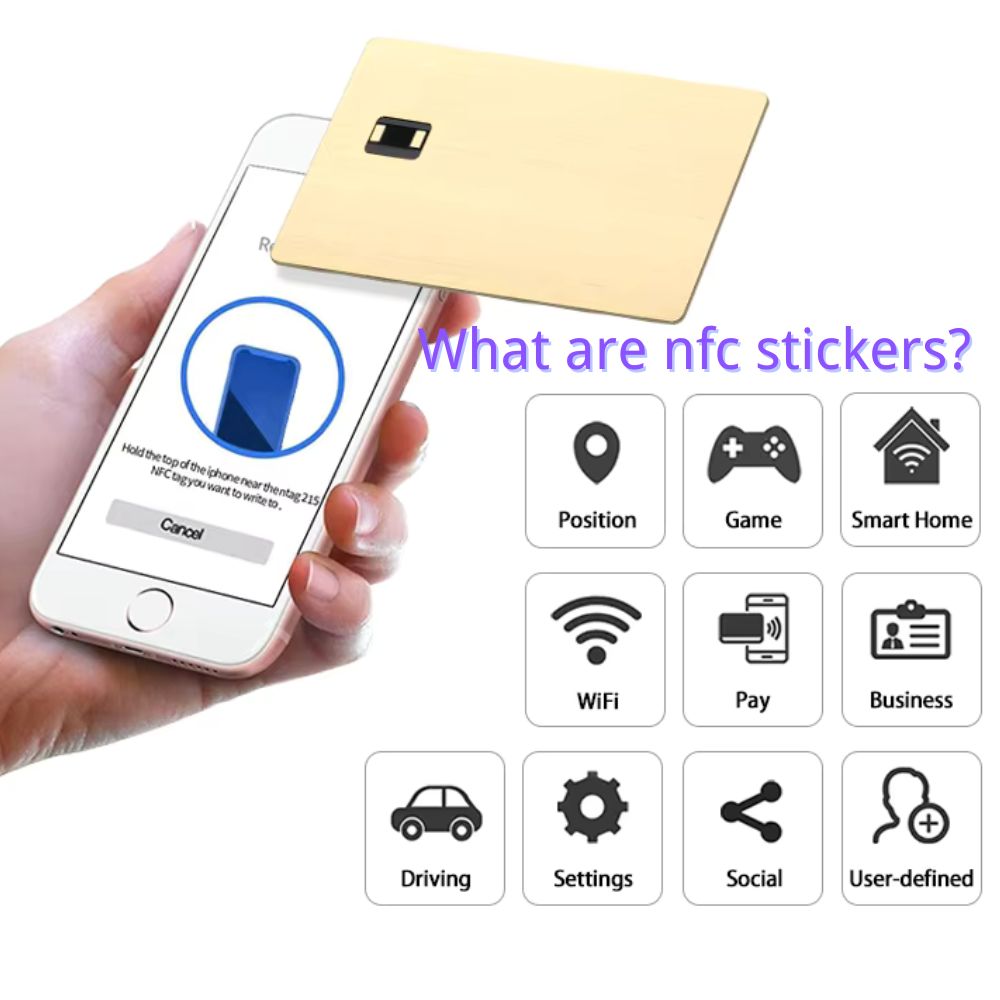
Frequently Asked Questions
How much do NFC stickers typically cost?
Blank NFC stickers usually range from $0.50 to $5 depending on type and quantity.
Can I rewrite NFC tags multiple times?
Most NFC tags are rewritable, though some secure payment tags are locked.
Will NFC tags work with any smartphone?
Most modern smartphones support NFC, but older models may have limited functionality.
How secure are NFC stickers?
NFC’s short range provides inherent security, with additional encryption available for sensitive data.
Comments
Hot Products
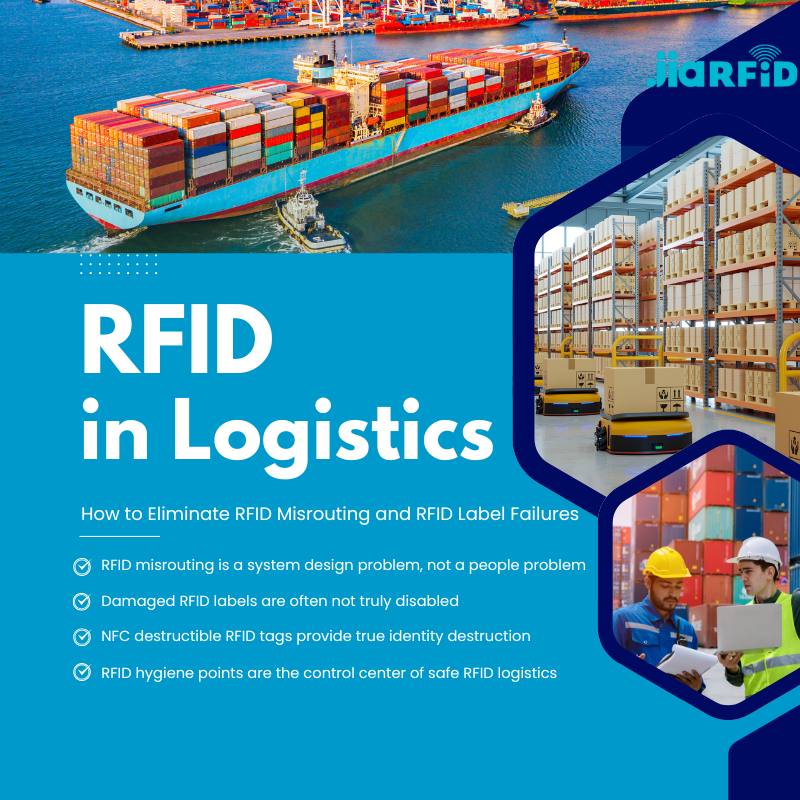
RFID in Logistics: How to Eliminate RFID Misrouting and RFID Label Failures
RFID in logistics is more than just a tool to speed up processes. It has become a key part of how modern supply chains operate.
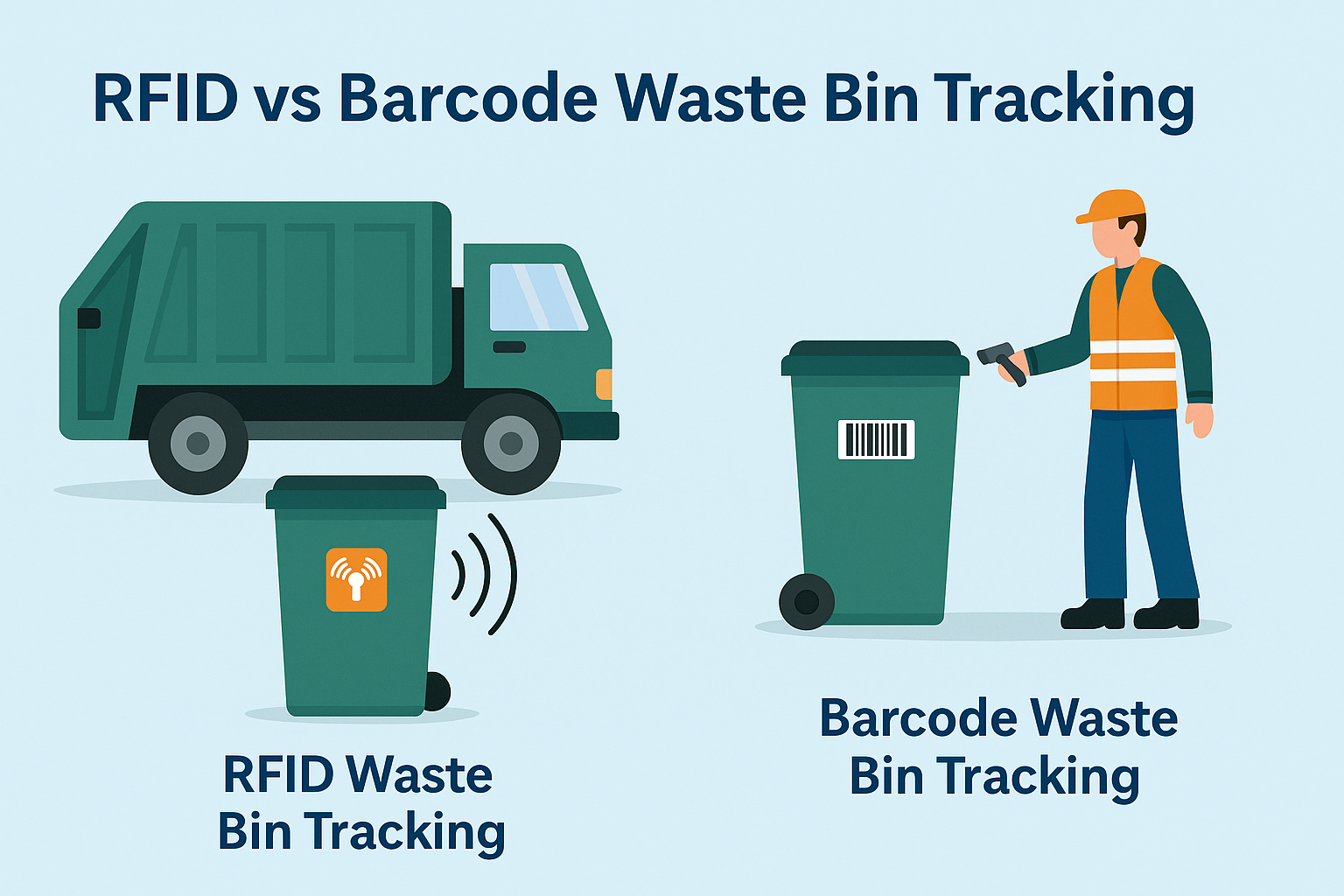
What Is RFID Waste Management
Imagine a city where every trash bin speaks — not literally — but through a tiny chip that tells the system when it’s full, when it’s emptied, and where it went. That’s what RFID waste management is doing today.

What are Bolt Seals and their Applications? | Complete Guide
In global trade and logistics, bolt seals play a crucial role in ensuring cargo security and compliance. These small but powerful devices are designed to lock shipping containers, trailers, and cargo doors with a tamper-evident mechanism.
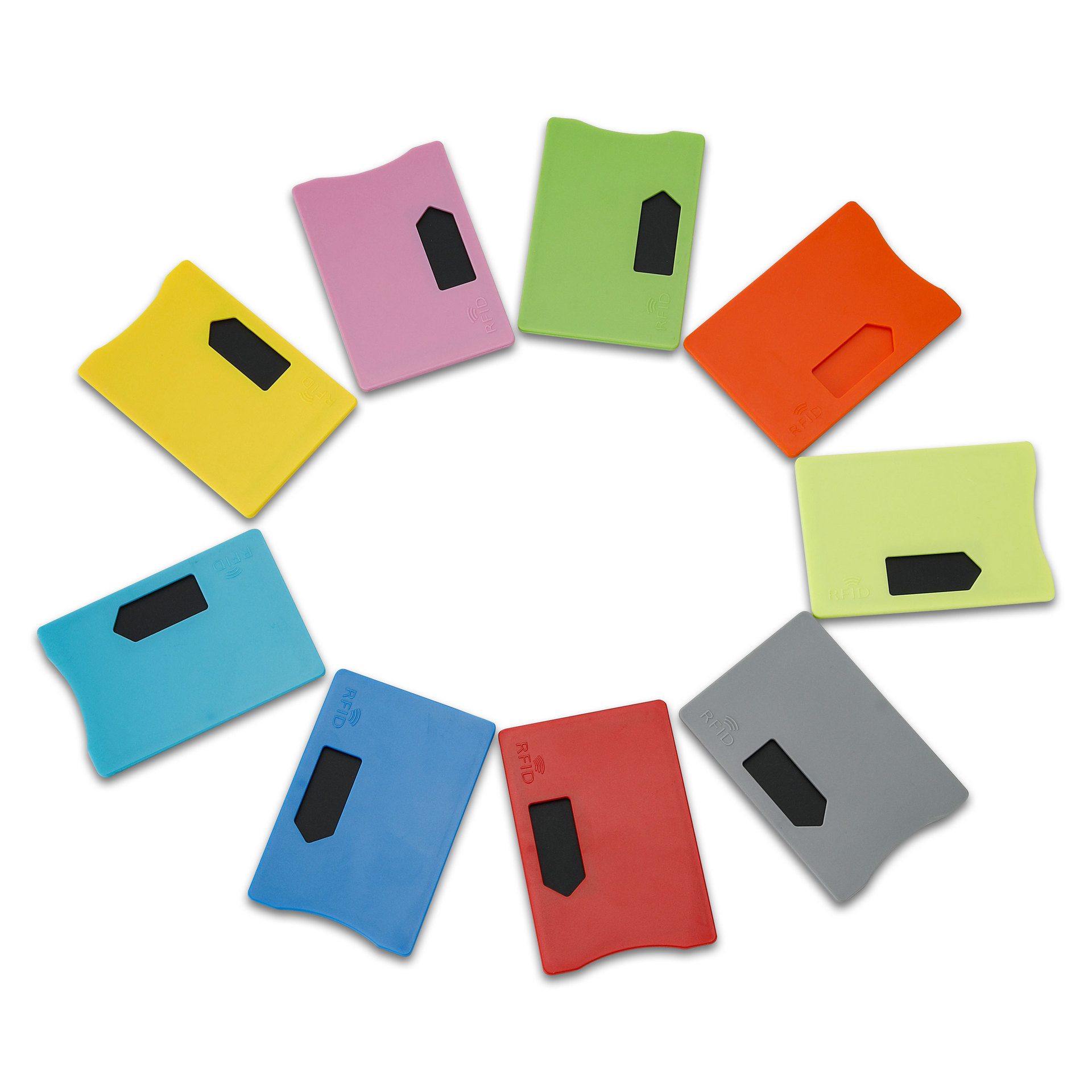
What is an RFID Card Protector? Benefits, Use Cases, and Buying Guide
RFID technology (Radio Frequency Identification) is everywhere: in your credit cards, ID badges, transit passes, hotel room keys, and more. It offers speed and convenience, but it also opens the door to a new kind of digital theft called “skimming.” That’s where an RFID card protector comes in.

RFID Wristbands for Events: Bulk Buying Guide for Organizers
RFID wristbands for events are becoming the go-to solution for organizers who need faster entry, fraud prevention, and cashless payments at concerts, festivals, and sports venues. Unlike paper tickets or QR codes, these smart wristbands use embedded chips to streamline access, secure transactions, and improve the guest experience.
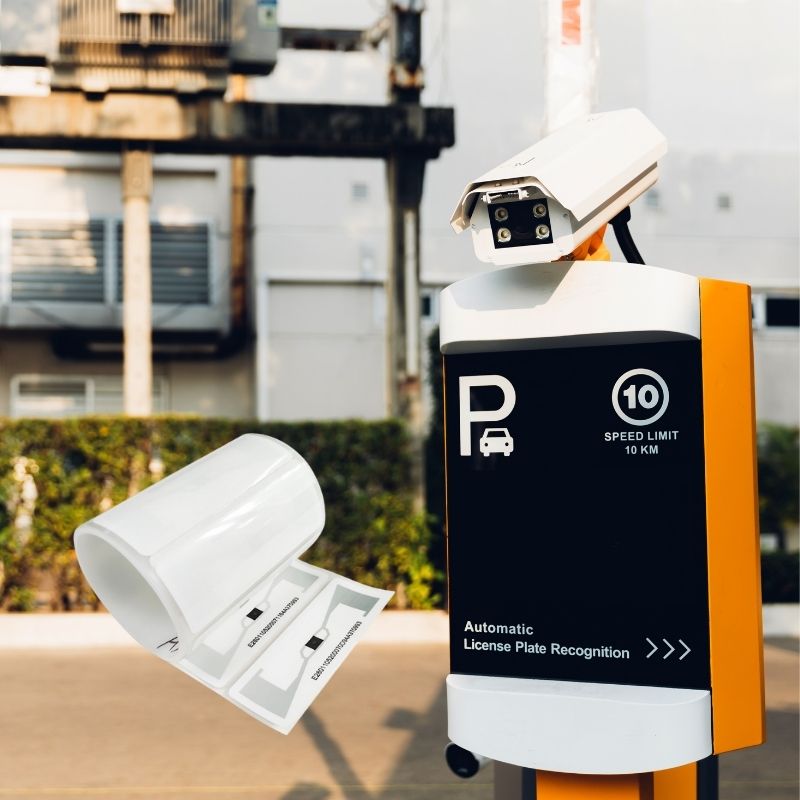
How RFID Tag on Windscreen Improves Vehicle Access Control and Toll Systems
In today’s fast-paced world, vehicle identification needs to be quick, secure, and contactless. An RFID Tag on the Windscreen provides exactly that — a reliable way to manage toll collection, parking, and gated access without stopping vehicles.
Tags
RELATED BLOGS

RFID in Logistics: How to Eliminate RFID Misrouting and RFID Label Failures
RFID in logistics is more than just a tool to speed up processes. It has become a key part of how modern supply chains operate.

What Is RFID Waste Management
Imagine a city where every trash bin speaks — not literally — but through a tiny chip that tells the system when it’s full, when it’s emptied, and where it went. That’s what RFID waste management is doing today.

What are Bolt Seals and their Applications? | Complete Guide
In global trade and logistics, bolt seals play a crucial role in ensuring cargo security and compliance. These small but powerful devices are designed to lock shipping containers, trailers, and cargo doors with a tamper-evident mechanism.


